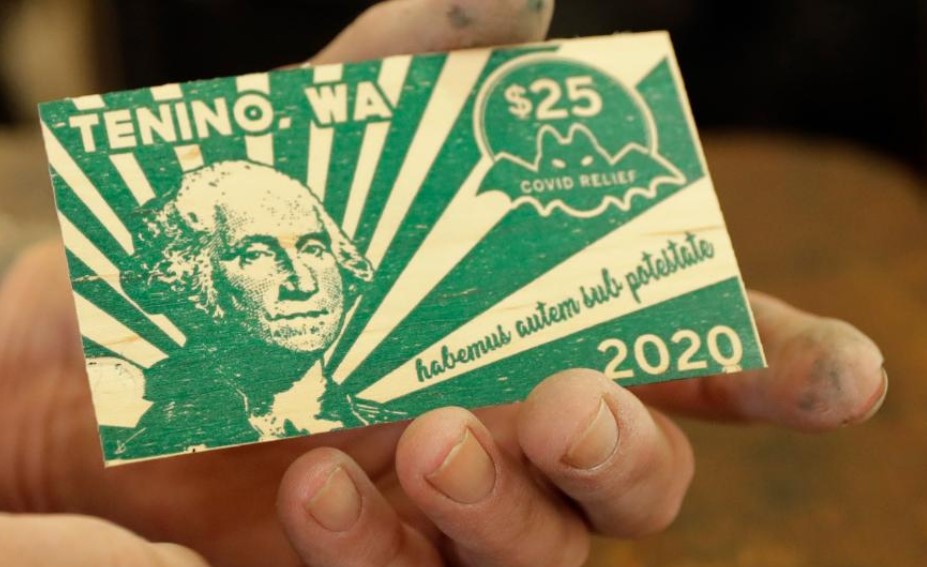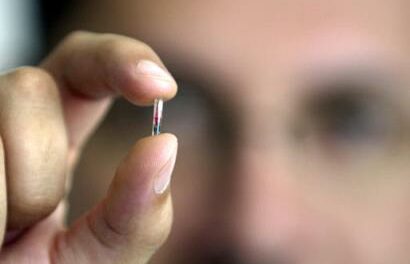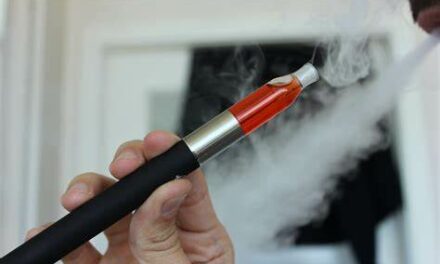Residents of Tenino, Washington are eligible for up to $300 in the wooden banknotes each month to spend at local businesses.
TENINO, United States – Tucked away under lock and key in a former railroad depot turned small-town museum in the U.S. state of Washington, a wooden printing press cranked back to life to mint currency after nearly 90 dormant years.
The end product: $25 wooden bills bearing the town’s name – Tenino – with the words “COVID Relief” superimposed on the image of a bat and the Latin phrase “Habemus autem sub potestate” (We have it under control) printed in cursive.
With the coronavirus pandemic plunging the United States into a recession, decimating small businesses and causing job losses across the country, some local governments are looking for innovative ways to help residents weather the storm.
For Tenino, the answer was the revival of the local currency that had bolstered the town’s economy in 1931 in the wake of the Great Depression.
“It was kind of an epiphany: Why don’t we do that again?” Mayor Wayne Fournier told the Thomson Reuters Foundation. “It only made sense.”
Tenino, a town of less than 2,000 people located about 60 miles (95km) southwest of Seattle, started printing the local banknotes in April, five weeks into Washington state’s lockdown.
Anyone with a documented loss of income as a result of the pandemic is eligible for up to $300 a month of the local currency.
Businesses up and down the town’s quaint Main Street accept the wooden note for everything except alcohol, tobacco, cannabis and lottery tickets.
Tenino’s city government backs the local currency, which merchants can exchange for U.S. dollars at city hall at a 1:1 rate.






Recent Comments